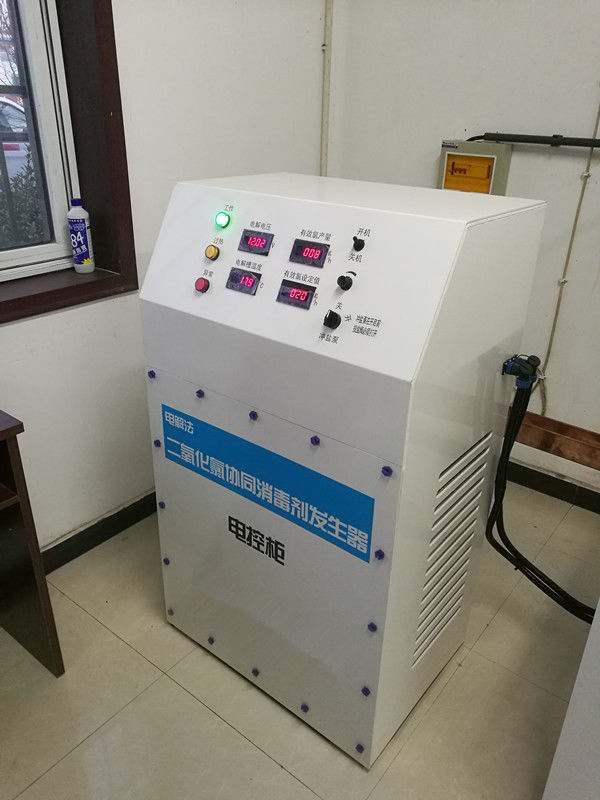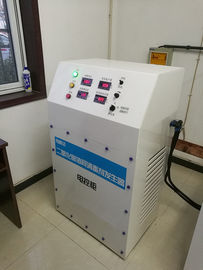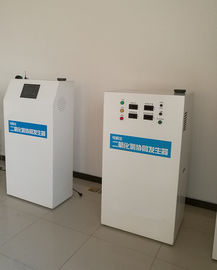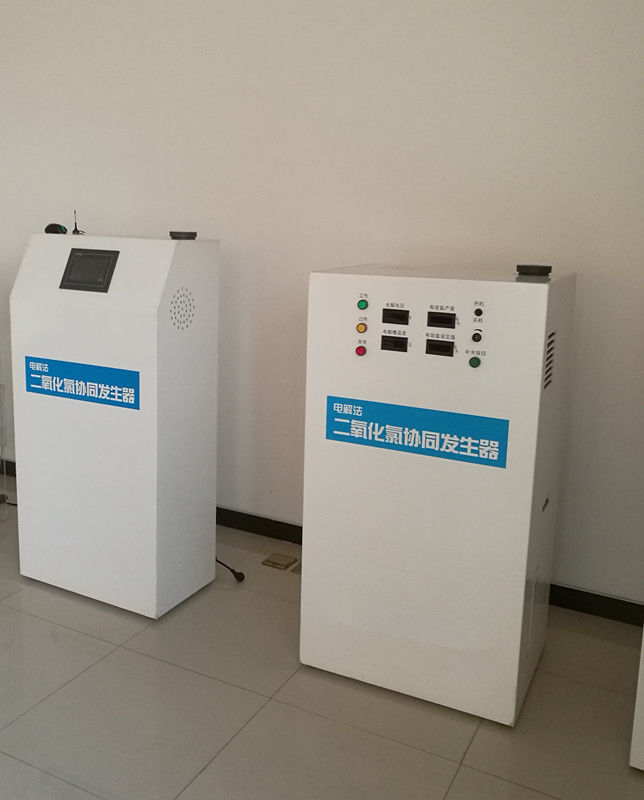Product Description
380V 50Hz Chlorine Dioxide Generator for Waste Water Treatment with CE Certificate
THE HISTORY OF CHLORINE USE
Chemists began experimenting with chlorine and its compounds in the 19th century. In 1850, the English physician John Snow was one of the first to use chlorine to disinfect water after attempting to disinfect the Broad Street water supply in Soho after the outbreak of cholera.
In 1897, after the outbreak of typhoid fever, pathologist Sims Woodhead temporarily used a decolorizing solution to disinfect drinking water in Maidstone, Kent, UK. However, the continued chlorination of drinking water began in England in the early of the twentieth century and it succeeded in reducing the number of typhus victims, leading to the introduction of chlorine in the USA, where it was first adopted in Jersey City, New Jersey in 1908. Since then, it has been used more widely around the world.
Composition:
Electrolyzer
The electrolyzer has a temperature sensor that automatically controls the cell temperature to less than 40 degrees.
Intelligent Electrolysis Power Source
The electrolysis power source adopts intelligent high-frequency switching power supply, the main components IGBT module, rectifier module, capacitor, etc. are all selected from the international first-line brand products; the electrolytic power source can run continuously at full load for many years without failure
Dissolving tank
The dissolving tank can storage the salt for 168 hours operation of the system. The dissolving tank has a salt observation window to observe the residual salt.
Benefits of using chlorine dioxide
The advantages of using chlorine dioxide over sodium hypochlorite in water treatment, especially for drinking purpose, can be summarized in the following points:
Higher oxidizing power, which also results in a lower amount of chemical dosed, as well as in a broad-spectrum activity against bacteria, viruses, spores, algae, etc.
High broad-spectrum germicidal action over a wide pH range.
Effective biocide action against many chlorine resistant species, often found in distribution networks (iron and Sulphur bacteria, algae).
Germicidal action carried out in roughly half the time compared to chlorine, with a consequent reduction in any contact tanks space and costs.
Greater times of permanence in the network, then possibility of "coverage" of a distribution network having a wide extension and lack of necessity of ri-clonation, even starting from low concentrations of dosed chlorine dioxide.
Minimal formation of chlorinated compounds, able to alter the organoleptic properties of treated waters resulting in the formation of unpleasant odors and flavors, typical in water treatment with chlorine.
Excellent deodorizing properties in the pretreatment stage thanks to the oxidation of organic compounds with very low perceptibility threshold (phenolic derivatives, smells of earth, moss, rotten, etc.).
No reactions with ammonium ion which may be present in the water and therefore maintenance of germicidal ability.
No reactions with bromide ion (unlike ozone) and, therefore, absence of brominated organic compounds.
High solubility in water, even at relatively high temperatures, with consequent high efficiency using.
Specification
| Model |
Maximum yield of available chlorine |
Salt consumption |
Power |
Voltage |
Dimensions |
Outer pipe diameter |
| ( g / h) |
( g / g Cl2) |
(Kw) |
(AC V) |
L*W*H(mm) |
water intake |
Disinfectant outlet |
Sewage outlet |
| GBD-300-ClO2 |
300 |
1.6 |
<2.4 |
380 |
500*1100*1420 |
DN20 |
DN20 |
DN20 |
| GBD-400-ClO2 |
400 |
1.6 |
<3.2 |
380 |
500*1100*1420 |
DN20 |
DN20 |
DN20 |
| GBD-500-ClO2 |
500 |
1.6 |
<4.0 |
380 |
500*1100*1420 |
DN20 |
DN20 |
DN20 |


 Your message must be between 20-3,000 characters!
Your message must be between 20-3,000 characters! Please check your E-mail!
Please check your E-mail!  Your message must be between 20-3,000 characters!
Your message must be between 20-3,000 characters! Please check your E-mail!
Please check your E-mail! 





